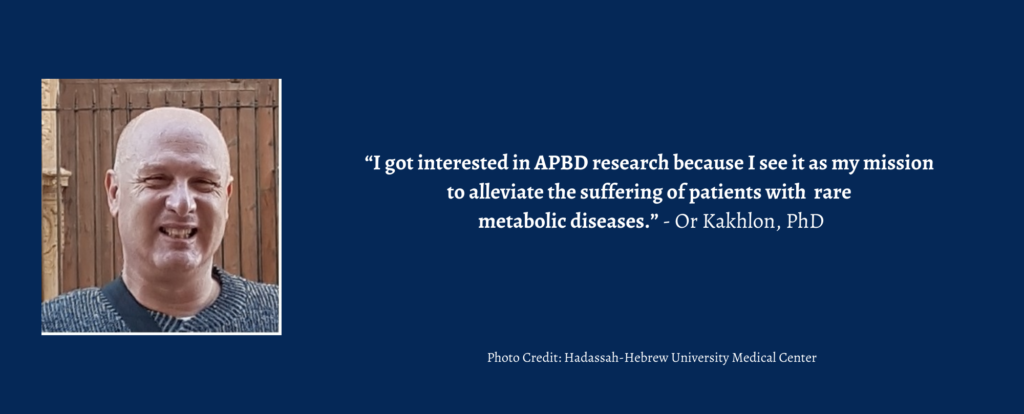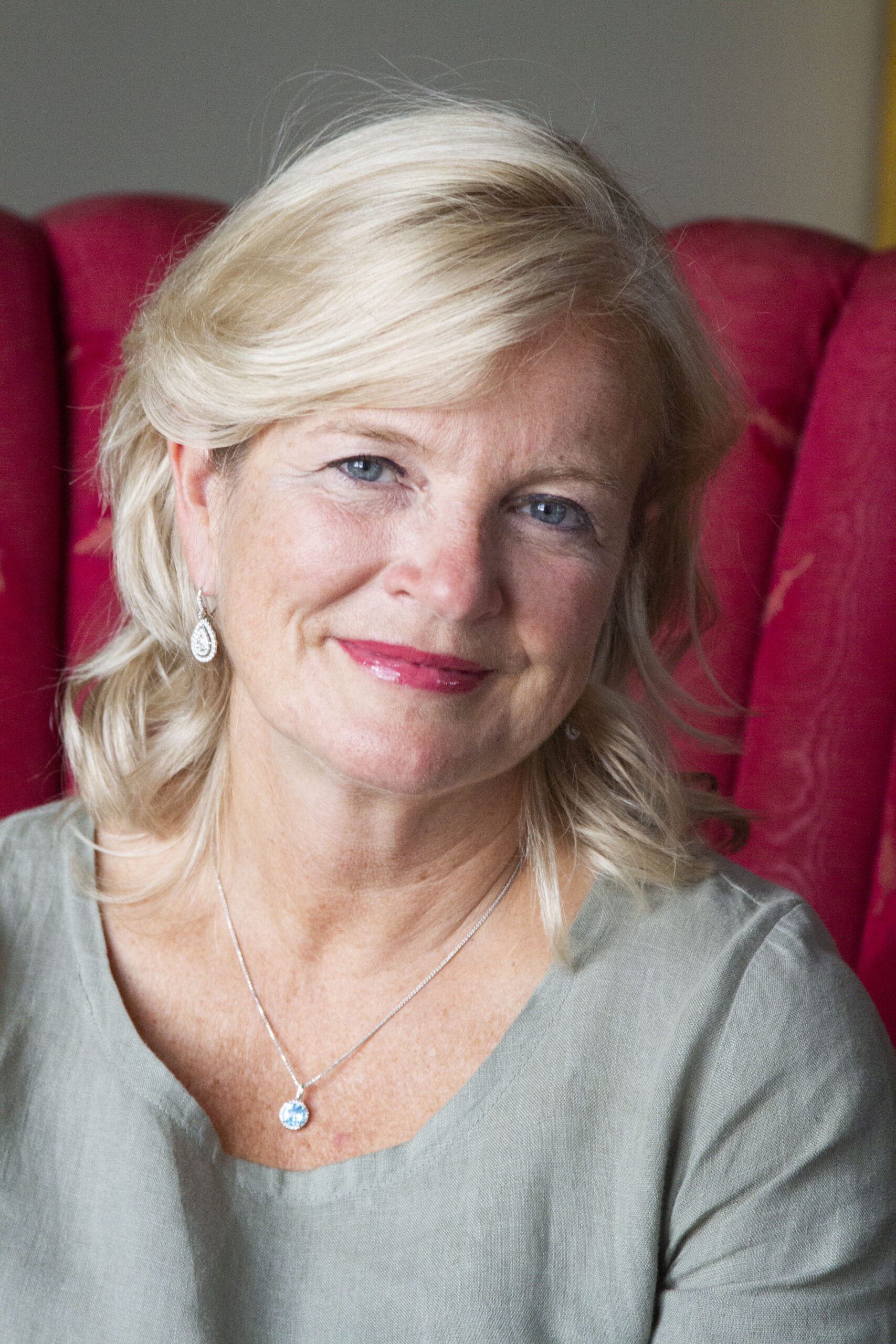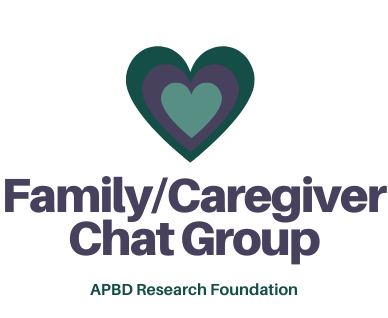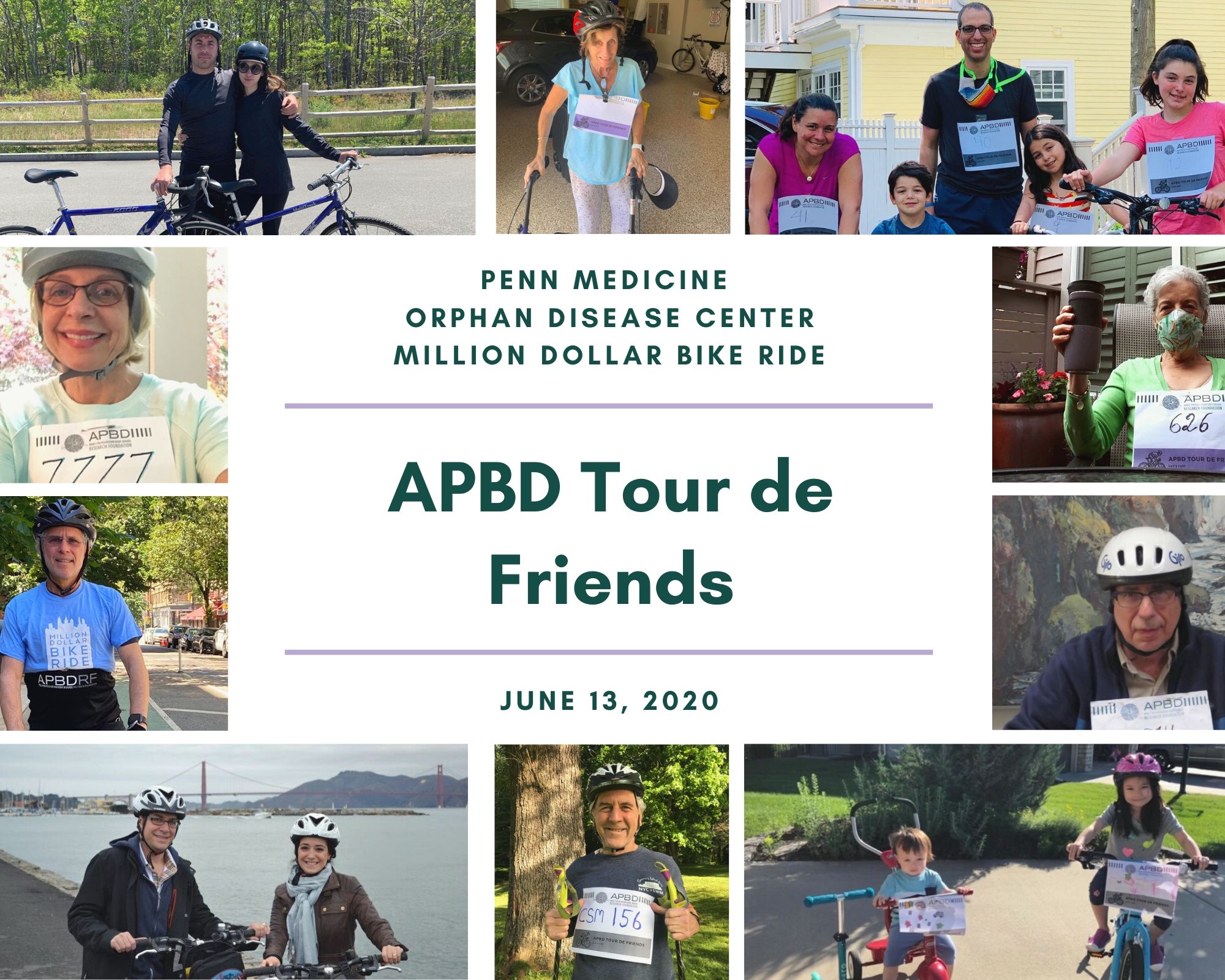Or Kakhlon, PhD — one of our research grant recipients — working at Hadassah Medical Organization presented his APBD research findings at the 2020 Global Genes RARE Drug Development Symposium.
The RARE Drug Development Symposium, organized by Global Genes in partnership with the Penn Medicine Orphan Disease Center, draws all stakeholders in the rare disease community to learn about and participate in the drug development process.
Dr. Kakhlon has been screening compounds — in collaboration with Orhan Akman, PhD at Columbia University and Miguel Weil, PhD at Tel Aviv University — for their capacity to reduce polyglucosan levels. Using an APBD model, his recent research has shown safety and efficacy of Compound A, a novel candidate for the treatment of APBD. He is currently working on how Compound A moves through the body and on studying its other metabolic effects. Using the APBD model, he is also looking into Compound A’s effect on the microscopic accumulation of polyglucosan bodies, its efficacy at lower doses, and the efficacy of oral administration.

Dr. Kakhlon is additionally studying the effects of injected Compounds D and E on locomotor parameters and microscopic accumulation of polyglucosan bodies in APBD models. Here, too, he is studying the effects and efficacy of orally administered Compounds D and E. This is all in preparation for potential drug development.
Dr. Kakhlon has dedicated his career to metabolic research, specifically to finding a cure for glycogen storage disorders such as Adult Polyglucosan Body Disease and Pompe Disease. He obtained his PhD from the Hebrew University of Jerusalem in 2002. Following his PhD, under the joint supervision of Prof. Z. Loav Cabantchik and Prof. Yosef Gruenbaum, he conducted his postdoctoral research at Dr. Sharon Tooze’s Secretory Pathways Laboratory, Cancer Research UK, London Research Institute.





